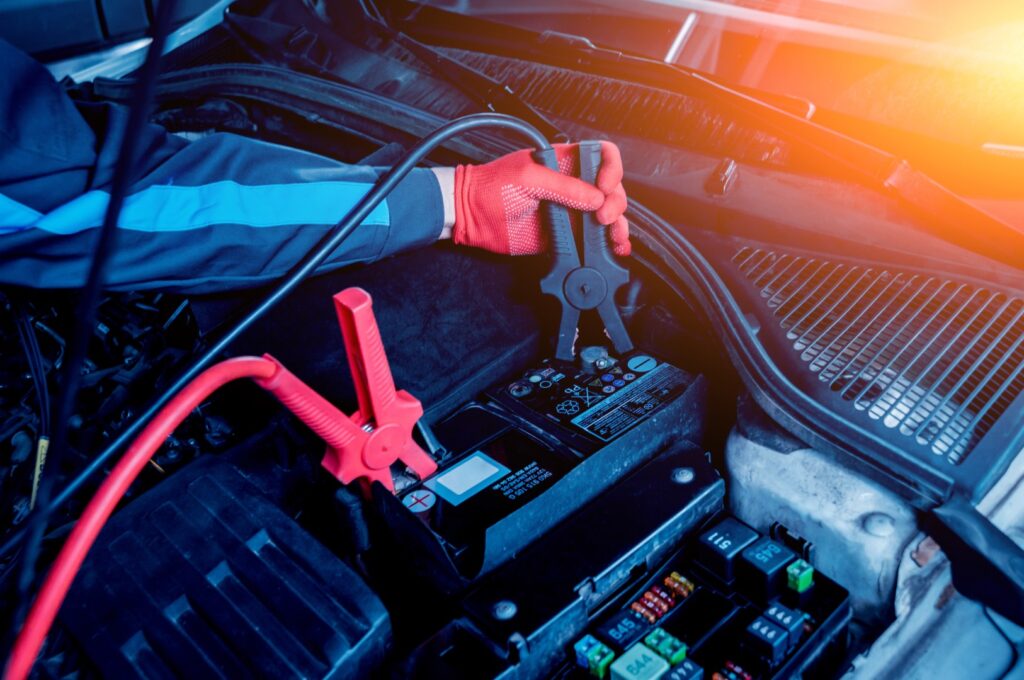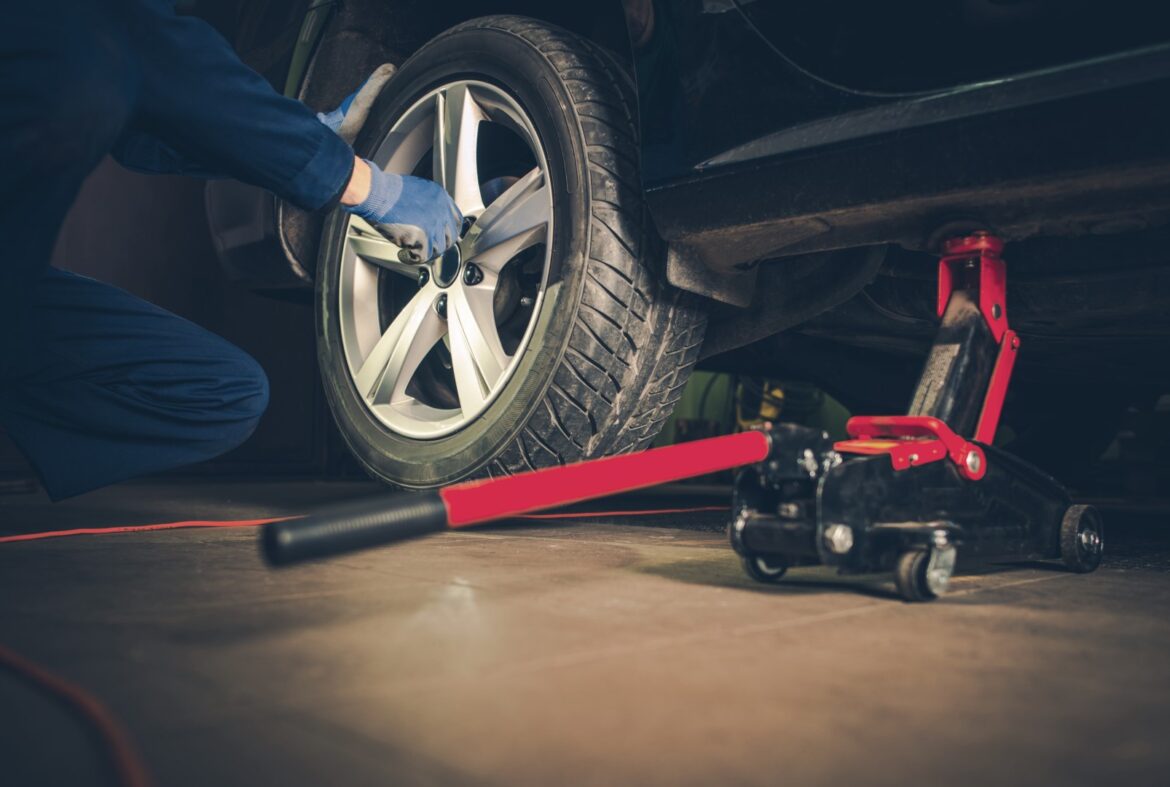For your automobile to operate properly and last as long as possible, proper maintenance is necessary. Regular maintenance enhances safety, increases fuel efficiency, and helps avoid failures and expensive repairs. You may save money over time and have a safe, dependable driving experience by being proactive about automobile maintenance. In this article, we’ll look at helpful advice and methods for maintaining your car in top shape so you can maximise your investment.
Regular Oil Changes
Making sure to have frequent oil changes is among the most important components of automobile maintenance. Engine oil is essential for lubricating the engine’s many parts, lowering friction, and avoiding excessive wear and tear. Oil loses its usefulness over time as it degrades and becomes polluted with dust, debris, and combustion byproducts.

You can make sure that your engine is kept properly oiled by following the manufacturer’s suggested oil change intervals. This interval typically falls between 3,000 and 5,000 miles, however, it can change according to the oil type and road conditions. Numerous issues might arise if regular oil changes are neglected. Old, deteriorated oil loses its ability to lubricate, which can cause higher friction, overheating, and early component wear. Additionally, it can cause deposits and sludge to accumulate, which would make the engine less effective.
Use just the required oil viscosity and grade advised by the manufacturer to guarantee a successful oil change. If you’re confused about the proper oil type, consult your vehicle’s handbook or ask for advice from a reputable repair.
Tyre Care
Tyre maintenance is crucial for both safety and peak performance in your car. To maintain proper tyre pressure and tread depth, proper tyre maintenance is required. By adhering to these guidelines, you can make sure that your tyres offer sufficient traction, improve fuel efficiency, and contribute to an enjoyable ride.
- Tyre alignment and balancing: If necessary, get your tyres professionally adjusted and weighed. Unbalanced tyres can cause vibrations and early wear, while misaligned wheels can lead to uneven tyre wear and influence handling. Tyre integrity is maintained by routine alignment and balancing, which also enhances the overall driving pleasure.
- Tyre Pressure: Use a dependable tyre pressure gauge to check your tyres’ pressure at least once each month. Tyres that are properly inflated not only provide superior handling and braking performance but also increase fuel efficiency. The recommended tyre pressure is listed in the owner’s handbook or on a label on the driver-side door jamb. The tyres should not be overinflated or underinflated since this might result in uneven wear, poor handling, and shorter tyre life.
- Tyre rotation: Rotate your tyres regularly to encourage uniform tread wear. Due to things like steering and braking, front tyres often wear out more quickly than rear tyres. The recommended rotation intervals of every 5,000 to 8,000 miles assist increase tyre longevity and guarantee constant performance.
Fluid Checks
For maximum performance, lifespan, and safety, it’s important to regularly check and maintain the fluid levels in your car. Different fluids are essential for lubricating, cooling, and running the many systems in your automobile. The following are some essential fluids to keep an eye on:
- Engine oil: As was already said, engine oil serves to lubricate the engine and lessen friction. Use the dipstick to check the oil level frequently to make sure it is within the acceptable range. It could be necessary to replace the oil if the oil seems black or gritty.
- Transmission Fluid: The fluid in the transmission system keeps the gears shifting smoothly and guards against excessive wear. As directed by the manufacturer, check the gearbox fluid level. It could be required to add extra fluid or have it changed if it seems unclean or is low on fluid.
- Brake Fluid: Effective stopping power is made possible by the fluid in the brakes, which transmits the force generated by the brake pedal to the braking system. Make sure the reservoir’s brake fluid level is within the acceptable range by checking it. It could be necessary to clean and replace the brake fluid if it looks to be polluted or discoloured.

Belts and Hoses: Checking for Wear and Tear
The engine and other components of your car depend on the efficient operation of belts and hoses. Belts can deteriorate and hoses might fracture or leak over time, which can affect an engine’s performance or possibly cause a breakdown. Maintaining the dependability of your vehicle requires routinely inspecting these components and taking care of any symptoms of wear and tear. What you need to know is as follows:
- Serpentine Belt: The serpentine belt powers several engine parts, including the air conditioning compressor, power steering pump, and alternator. Check the belt for symptoms of excessive wear, fraying, or cracking. The belt should be changed if there is any damage or if it feels slack.
- Timing Belt: To guarantee correct engine functioning, certain vehicles feature a timing belt that synchronises the camshaft and crankshaft. The recommended intervals for timing belt replacement are listed in your vehicle’s maintenance plan. Neglecting a worn or broken timing belt can seriously harm the engine.
- Radiator Hoses: By moving coolant from the engine to the radiator, radiator hoses assist control engine temperature. Check your hoses often for cracks, bulges or leaks. Replace the hoses right away if you detect any problems, such as coolant leaks or obvious wear, to avoid overheating.
Regular Cleaning: Preserving the Exterior and Interior
The outside and interior of your car should be cleaned and maintained properly to improve the look as well as to preserve durability and value. Here are some cleaning suggestions to keep your automobile in good shape:
- Exterior Wash: Regularly wash the outside of your automobile to get rid of impurities that might harm the paint, such as dirt and road grime. To prevent scratching the surface, wash your automobile using a car-specific shampoo and a soft sponge or microfiber cloth. Thoroughly rinse, then pat dry with a towel free of lint.
- Protect the Paint: Apply a coat of wax or paint sealer to the paint to preserve it from oxidation, UV radiation, and other environmental factors. This preserves the paintwork’s integrity and sheen.
- Wheels and Tires: Clean the wheels and tyres to get rid of any brake dust, grime, or debris. Scrub the tyres using a tyre brush and a wheel cleaner made for the sort of wheels you have. To get a tidy, glossy appearance, use tyre dressing.
- Cleaning the interior: Vacuum the carpets, seats and floor mats often to get rid of dirt, dust and debris. With a moist microfiber cloth, clean areas like the console, steering wheel, and dashboard. Utilise cleansers designed for a particular surface, such as leather or cloth upholstery.

Conclusion
Your car’s lifetime, performance, and safety all depend on proper maintenance. We looked at some crucial advice for maintaining your automobile in good working order in this post. Every facet of automotive care, including routine oil changes, maintaining appropriate tyre wear and pressure, monitoring fluid levels, examining belts and hoses, and keeping your car clean, adds to its general health.
You may save money on repairs and breaks, increase fuel efficiency, and assure a fun and safe driving experience by following suggested maintenance plans. Proactive maintenance of your vehicle shows your dedication to its health and helps safeguard your investment. Always refer to your vehicle’s owner’s handbook for detailed maintenance instructions and recommendations. Additionally, it’s always advisable to seek the advice of a qualified technician if you have any questions regarding any maintenance duties. You can maintain your automobile in top shape, increase its longevity, and get years of trouble-free driving by using this maintenance advice. Therefore, prioritise routine maintenance and give your automobile the care it needs; in return, you will enjoy dependable performance and peace of mind when driving.

